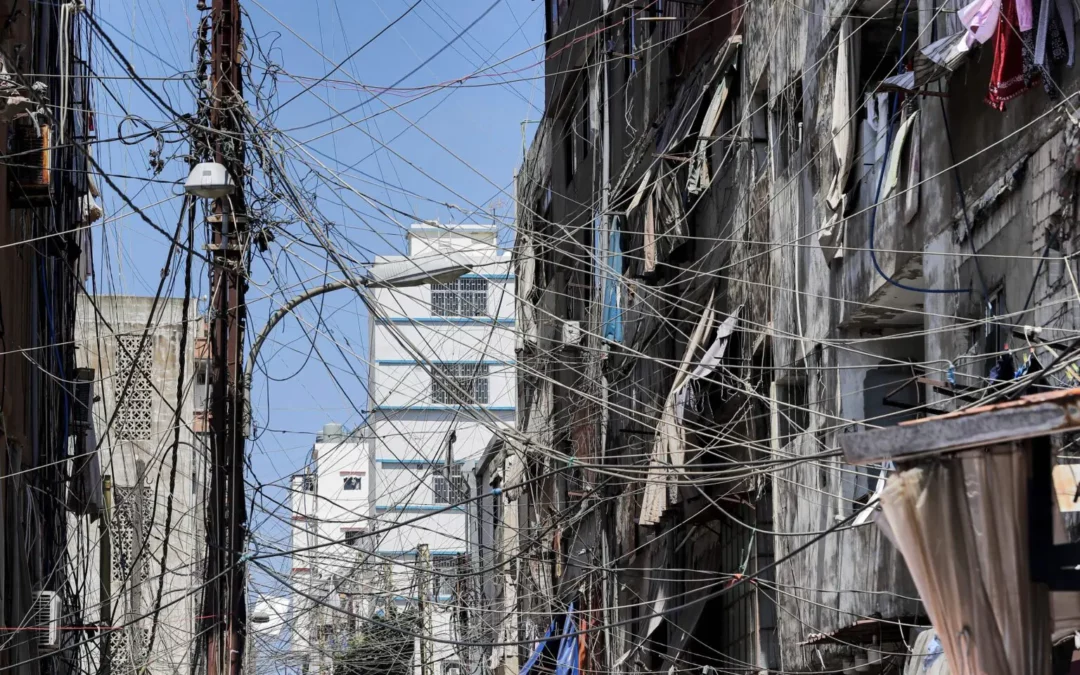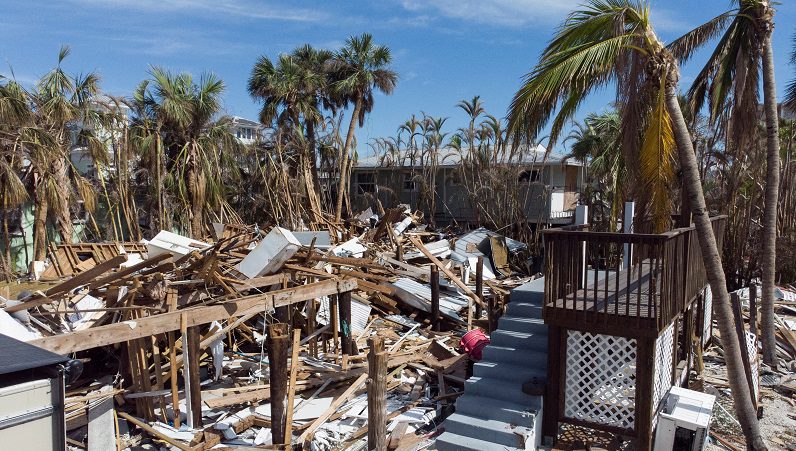
Davos worries about a ‘polycrisis’
Global crises are weighing on the World Economic Forum.Credit…Laurent Gillieron/EPA,

In Lebanon, solar power Is booming. why?
An anthropologist explores whether Lebanese turning to solar power is a story of resilience, environmental triumph, or something else.

How the world bank can help save the planet
Big banks want multilateral development institutions to act like insurers, reducing the risk for private investors to finance climate-friendly projects

World economic forum warns of looming ‘polycrisis’
Covid-19 and the war in Ukraine have ushered in skyrocketing inflation and a low-growth, low-investment era, but a focus on the present could obscure the risks of longer-term threats.

Hurricanes and floods bring $120bn in insurance losses in 2022
Hurricane Ian in Florida caused a big chunk of the financial losses while floods in Pakistan, Nigeria and South Africa killed the most people

Sleepwalking on megathreat mountain
A host of interconnected “megathreats” is imperiling our future.

A guide to 9 global buzzwords for 2023, from ‘polycrisis’ to ‘zero-dose children’
We’re having a polycrisis. The pandemic has resulted in too many zero-dose children. Charities are not always succeeding in tarmac-to-arm.

Tasting the Pickle: Ten flavours of meta-crisis and the appetite for a new civilisatio
Perspectiva is a registered charity operating as a collective of scholars, artists, activists, futurists and seekers who believe credible hope for humanity’s future lies in forms of economic restraint and political cooperation that are beyond prevailing epistemic capacities and spiritual sensibilities.

Attacks on Pacific north-west power stations raise fears for US electric grid
A string of attacks on power facilities in Oregon and Washington has caused alarm and highlighted the vulnerabilities of the US electric grid.

COP27, the loss & the damage at injury time
The recently concluded 27th Conference of Parties (COP27) of the United Nations Framework Convention on Climate Change (UNFCCC) at Sharm El Sheikh, Egypt, went in the way of rituals and did not rise beyond the low bars set by previous editions.

How a moment in a meadow seeded a global movement: Earth Jurisprudence explained
Over the past two decades, Earth Jurisprudence has challenged the dominant conception of law and ethics, inspiring innovative legal provisions at local, national and international level that recognise humans’ participation in, and responsibility to, the wider web of life.

Margaret Atwood offers her vision of utopia: The pre-eminent writer of dystopian literature would build dome homes, wear mushroom leather and compost corpses.
Shortly before she turned 83 last month, she taught an eight-week course, “Practical Utopias,” on Disco, an online learning platform in Canada.

Conflict and climate collide to create an acute hunger crisis for an unprecedented 345 million people
This March, a young mother arrived with 3 children at Dollo Ado in southeastern Ethiopia, where 5 refugee camps currently serve more than 200 000 displaced Somalis.

The collapse of insects
The most diverse group of organisms on the planet are in trouble, with recent research suggesting insect populations are declining at an unprecedented rate.

THE COLLINS WORD OF THE YEAR 2022 IS…
Permacrisis: noun, an extended period of instability and insecurity

For planet Earth, this might be the start of a new age
A panel of experts has spent more than a decade deliberating on how, and whether, to mark a momentous new epoch in geologic time: our own.

